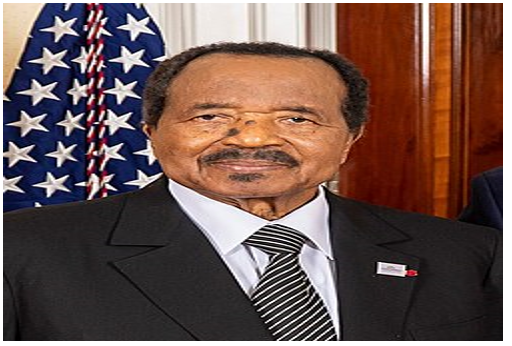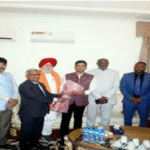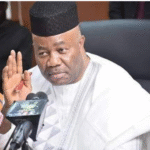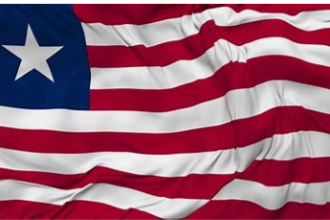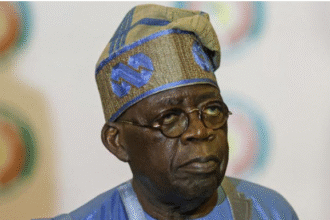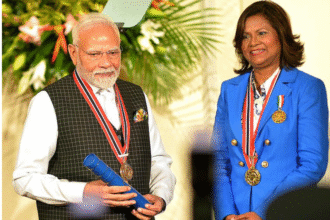By Jean Durand
Yaoundé, Cameroon – As President Paul Biya, 91, remains in power, a complex and secretive power struggle unfolds behind the scenes in Cameroon. Biya, who has led the country since 1982, is the second-longest-ruling president in Africa and the longest consecutively serving non-royal national leader in the world. His advanced age and recent absences from public view have fueled speculation about his health and potential incapacitation, triggering a political marathon among potential successors.
Concerns over Biya’s health intensified in October 2024 when he was absent from public events for several weeks. While the government dismissed rumors of his death, clarifying that he was in Geneva and in good health, the Minister of Territorial Administration, Paul Atanga Nji, issued a ban on media outlets discussing the president’s health, further fueling speculation and unease.
This uncertainty has ignited a fierce competition among political figures vying to succeed Biya. While the exact contenders remain largely hidden due to the secretive nature of Cameroonian politics, sources suggest a multifaceted struggle involving both civilian politicians and, significantly, the military.
The military’s potential involvement is a key point of concern. Sources indicate that the military sees itself as a vital stabilizing force capable of “normalizing” the country in the event of Biya’s departure. This raises concerns about a potential military intervention in the succession process, potentially undermining democratic principles and civilian rule.
Biya’s rise to power began under President Ahmadou Ahidjo, where he steadily ascended the ranks, eventually becoming Prime Minister in 1975 and President in 1982. Despite his longevity in power, Biya’s rule has been criticized, including being listed among the world’s worst dictators.
The situation in Cameroon remains fluid and unpredictable. The jockeying for position among potential successors, coupled with the looming presence of the military, creates a volatile political environment. The coming months will likely be crucial in determining the future of Cameroon and the nature of its leadership after the long tenure of Paul Biya. The international community is watching closely, hoping for a peaceful and democratic transition of power.


